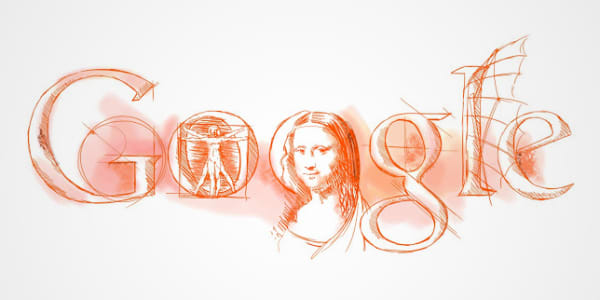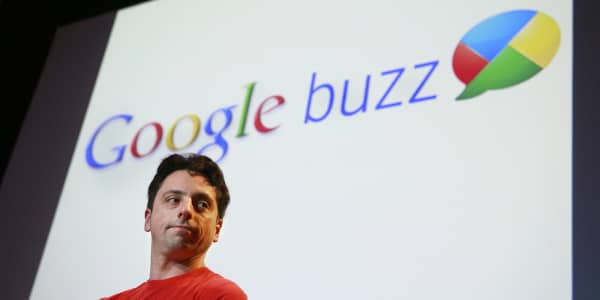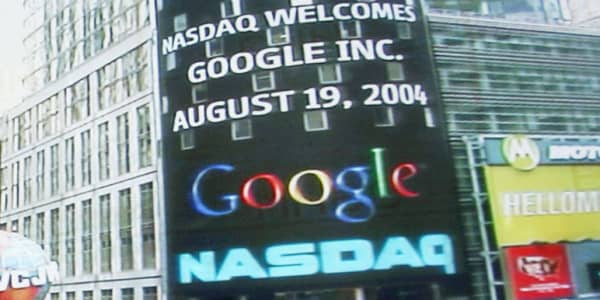Two things stick in my memory about the Google IPO: The Dutch auction was a disaster, and a lot people weren't sure what it did or how it would fly as a listed company. I know it sounds ridiculous, but explaining the concept of a search engine in 2004 was a stretch, even though it had been out for a few years. Even if you could explain it, no one could figure out how you could make a multibillion industry out of it.
Google went public on Aug. 19, 2004. It was not an auspicious start. It ended up pricing 19.6 million shares at $85, the low end of its revised price expectation of $85-$95.
Even that was a disappointment. Google had initially hoped to sell 25.9 million shares somewhere between $108 and $135. It closed the first day at $100.34, a price gain of 18 percent, respectable but certainly no blowout for what many considered to be the hottest tech offering since the dot-com blowup of 2000.
Read MoreA soundtrack to Google Street
Part of the problem was the way it went public, insisting on using the controversial Dutch auction method. In a Dutch auction, investors enter their bids for the number of shares they want to purchase as well as the price they are willing to pay. The allotment is given to the highest bidders on down until all the stock is sold.
Obviously, what the founders thought the company was worth didn't exactly match what the public was willing to pay.
(Scroll through an interactive timeline of Google's post-IPO history, below)
Another problem was the lousy market. The Nasdaq was sitting at its lows for the year as tech stocks were stalling out. Several tech IPOs had already been postponed or canceled.
Then there was a flurry of negative publicity, including an SEC inquiry into how the company had registered shares awarded to current and former employees, and an ill-timed Playboy interview with Sergey Brin.
Another issue: At $100, the stock was already trading at roughly 40 times earnings.
In the long run, however, none of the above mattered. Despite a somewhat disastrous start, it was the stock that woke up the market in 2004. Google Search was around for a few years, but the IPO drew attention to it. Once people started using the product, everyone saw how powerful it was. Specifically, a lot of people switched from Yahoo to Google. And what about the other competition? Ask Jeeves? That was a joke compared to Google.
By the end of the year, Google's stock had doubled.
Read MoreHate Google reading your mail? Get over it!
By the way, Dutch auctions never really caught on with IPOs. There were a few others, like InterActive Brokers, in May 2007. It works for Treasury auctions, but it never did for stock IPOs.
Why not? Because Wall Street came to believe that it was a bad idea to leave pricing up to the masses. Far better to price to (theoretical) value of the company, the Street concluded.
But, as we see with the seesaw price of some IPOs, that, too, is not exactly an exact science.
—By CNBC's Bob Pisani





